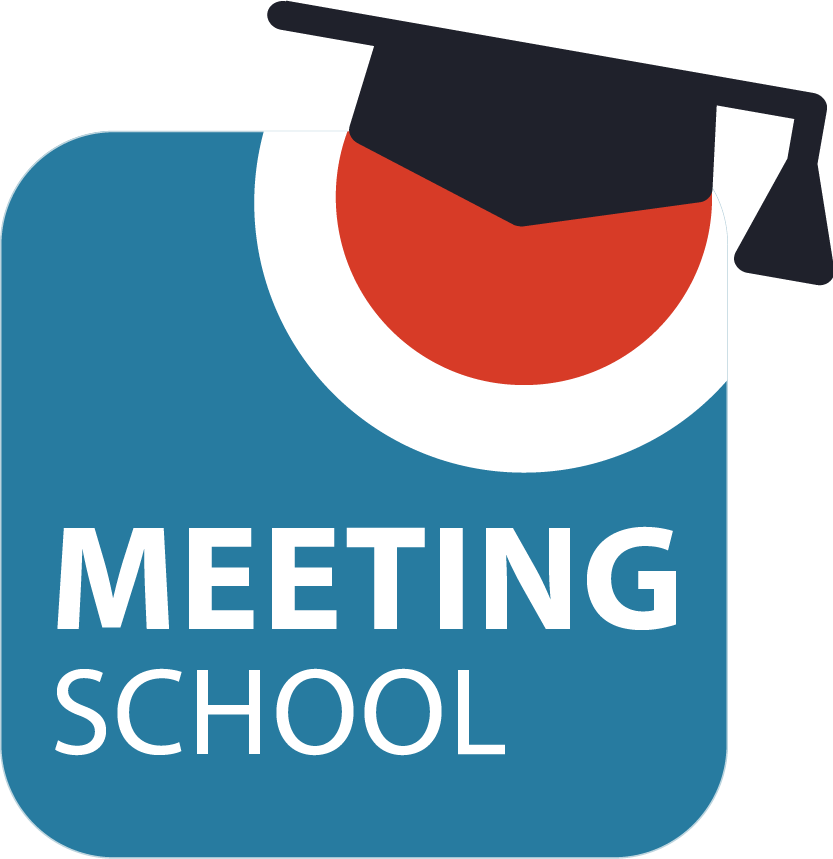The Glossary of Meeting Terms describes terminology and acronyms related to meetings and all the activities we do in those meetings. We've gathered this information from far and wide, so enjoy! And hey — if you have corrections or additions, please don't hesitate to contact us!
Showing 12 matches (clear all filters)
T
Team Cadence Meetings are used to keep teams aligned towards a common goal, to keep everyone informed, and to ensure work momentum.
You can find an introduction to Team Cadence Meetings in Chapter 17 of our book, Where the Action Is. You may also want to visit the Learn More link, below, for resources to help you plan, run, and troubleshoot the specific meetings your team needs.
Examples The Weekly Team Meeting The Daily Huddle The Shift-Change Meeting A... read moreTeam-building activities include group activities and exercises designed to help people get to know one another and build trust. Many longer workshops and multi-day planning sessions begin with short team-building activities.
The interference of technology in our relationships, in our work, and in our day-to-day lives.
An analogy is a comparison that points out the similarity between the like features of two different things. The Analogies and Metaphors technique in meetings helps participants clarify their understanding of an issue. This technique is especially helpful when information is difficult to understand.
During the meeting, the leader asks the group to think of several analogies for the current problem or situation. For example, if the group is trying to start an online community but they...
read moreA timekeeper in a meeting is a person who takes on the role of measuring or recording the amount of time taken to do something. The timekeeper essentially helps the facilitator move the group through the agenda, reducing the amount of stress on the facilitator or leader who is managing the discussion.
Teams may create a timeline of events together in a meeting as a sense-making exercise that helps everyone understand both what happened to lead to the current situation, learn aspects of the situation that may have been known only by some group members, and see how other people remember each event. To create a timeline, the facilitator adds one or two key events on a horizontal line. For example, they may add a project start date at one end and the current date at the other. Then,...
read moreA meeting timer is used to help monitor time spent vs. time planned for the overall meeting and each segment of the meeting. Timers may also be used in large community members to limit the amount of time each person can speak on a given topic before they must give another person a turn to speak.
Toastmasters is an international organization dedicated to helping people become better public speakers. Membership is open to anyone who wants to become a more confident public speaker.
A topic in a meeting is the subject currently under discussion by the group. Topics should be chosen wisely and be relevant to all attendees. Meeting topics may be set on the agenda in advance or determined during the meeting.
A Training Meeting is used to transfer knowledge from one person or group to another.
You can find an introduction to Team Cadence Meetings in Chapter 33 of our book, Where the Action Is. You may also want to visit the Learn More link, below, for resources to help you plan, run, and troubleshoot the specific meetings your team needs.
Examples Client Training on a New Product New Employee... read moreThere are multiple meeting and thinking techniques called TRIZ.
Liberating Structures describes TRIZ as meeting exercise designed to help groups identify counterproductive things they may be doing and find ways to stop (let go) the unhelpful activities. TRIZ operates on the same underlying principles of a Pre-Mortem and Reverse Brainstorming, all of which make it possible for a group to bring up uncomfortable but important negative challenges in their work in a fun, supportive...
read more